The Majuli island of Assam regularly experiences floods and will suffer significantly from the impacts of climate change, which threatens the lives of thousands of indigenous peoples living there. Floods and river erosion destroy crops and leave people homeless and displaced. Lacking food and money, affected communities suffer poverty.
NEADS ( North-East Affected Area Development Society ) works to empower communities in North-East India that have been affected by disasters and promote a culture of disaster preparedness. They do this by working with partner TDH (Terre Des Hommes) Germany to provide skills development, health care, and education.
The project which was started during December 2020 is now being implemented in a total of ten villages under Majuli development block, where around 9500 people are being targeted. The core trust areas of the project are to establish a community-based early warning and prevention system, build peoples capacity in disaster risk management, promoting flood-resistant Water, Sanitation & Hygiene (WASH), resilient livelihood, disaster preparedness and institution building.
“To establish a community-based early warning and prevention system in the villages, currently NEADS has been strengthening the capacities of affected people, organizing vulnerable communities and building village level disaster management institution and emergency task forces. NEADS is working out on Participatory Assessment of Climate & Disaster Risks (PACDR), planning to conduct disaster simulation exercise and mock drills in communities and strengthen collaboration between community as first responders and other forecast & resource providers.” Hemanta Phukan, Programme Manager of NEADS stated.
He also cited that in the area of emergency food security and vulnerable livelihood, the project is creating opportunities for the local communities to gain knowledge and opportunities to develop sustainable and diversified sources of income. NEADS has been supporting poor farmers for restoration of livelihood through promotion of early harvesting crops, promoting traditional weaving and effective livestock rearing, imparting training for farmers ‘capacity building on organic farming, livestock management, integrate sustainable farming practices and flood-resistant agriculture crops.
Tirtha Prasad Saikia, Joint Director of NEADS stated in his remark that disaster advocacy and mainstreaming will be one of the core intervention under the project, the effort will be to advocate for end-to-end risk information systems, implement advocacy actions to influence institutional policies and plans towards a more supportive environment for community led risk reduction action. NEADS is working to ensure that development actions in communities are disaster-responsive, socially inclusive and take into account to the needs of the most vulnerable.
“Climate change is a cross-cutting theme that extends across multiple development programmes of NEADS. With this intervention the effort would be to build a system that is increasingly community- driven, risk-informed, needs-based and increasingly focused on reducing risk and anticipation, so that affected communities act ahead of any predictable crises like floods. NEADS has been prepared and resourced to act early and quickly in response to any unpredictable crises in the region” Tirtha further added.
- 8334 reads

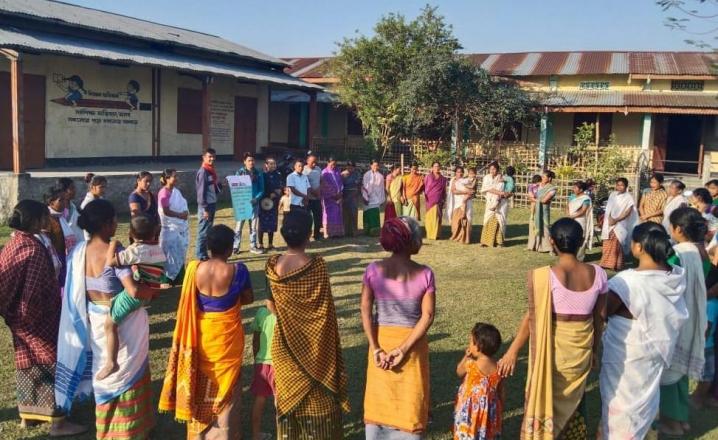
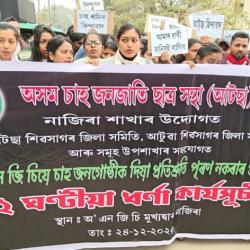
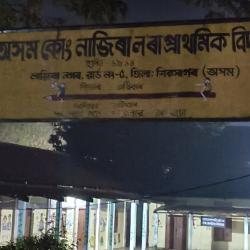

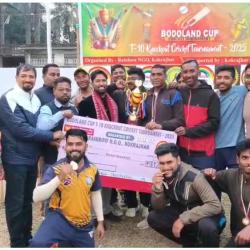
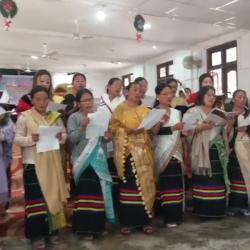

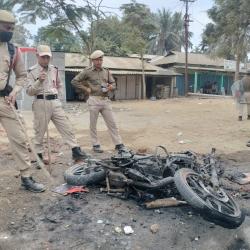

Add new comment